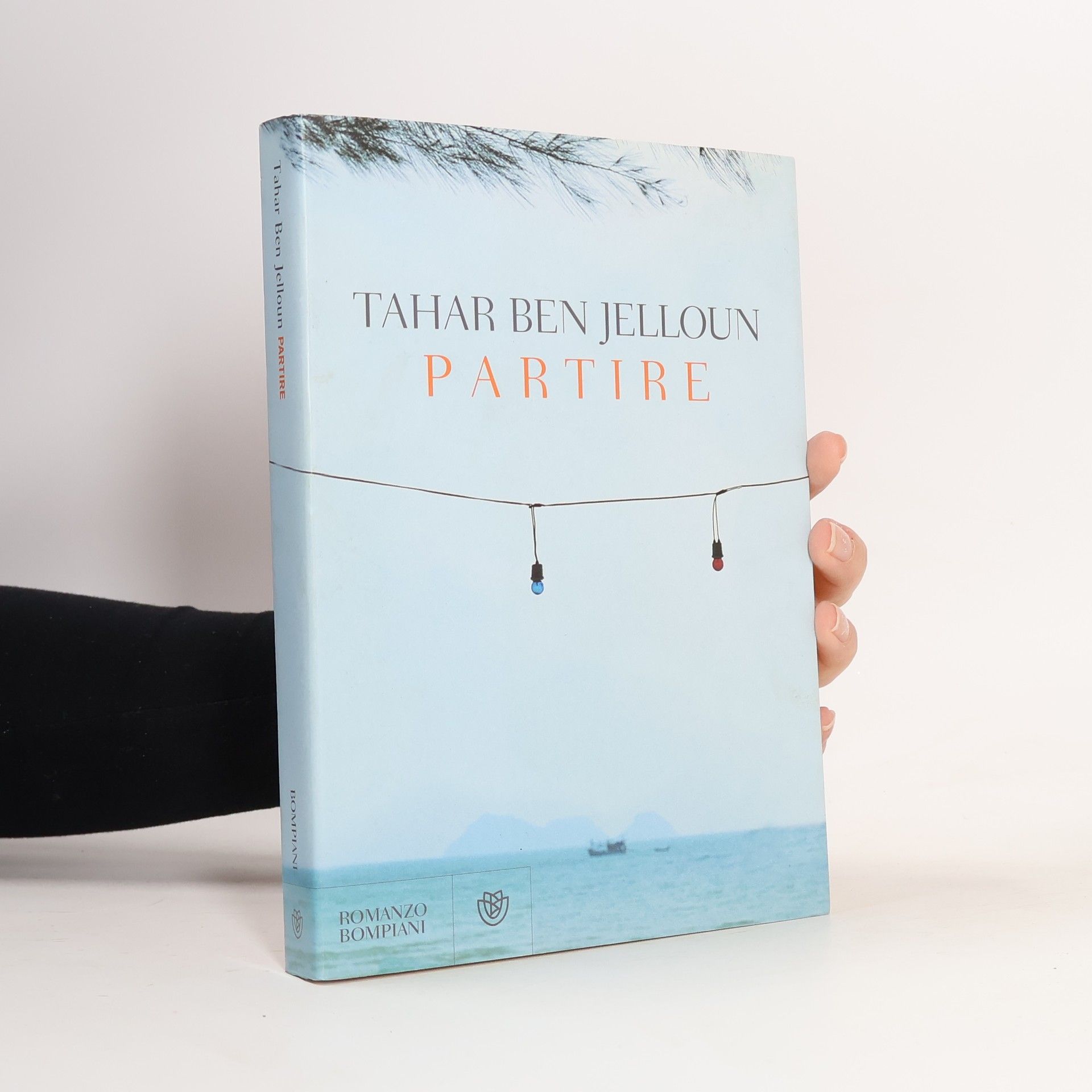L'ultimo amico
- 169pagine
- 6 ore di lettura
È la storia di due amici, Ali e Mamed. Hanno condiviso molte cose, hanno amato, studiato, si sono abbandonati al sogno di un'utopia rivoluzionaria insieme, ma poi, all'improvviso, una lettera di Mamed, fatta di "poche frasi, brutali, secche, definitive", annuncia la rottura del loro sodalizio. Solo alla fine, dopo la rievocazione delle loro vicende personali emergeranno la verità e il senso di quella lettera drammatica. Sapremo che l'amicizia è finita per volere di Mamed, che ha preferito risparmiare all'amico un dolore troppo grande.

